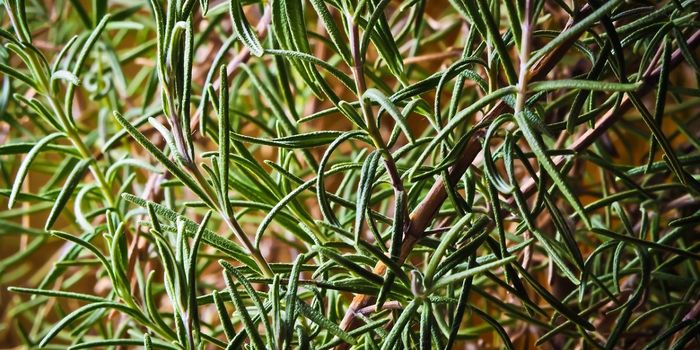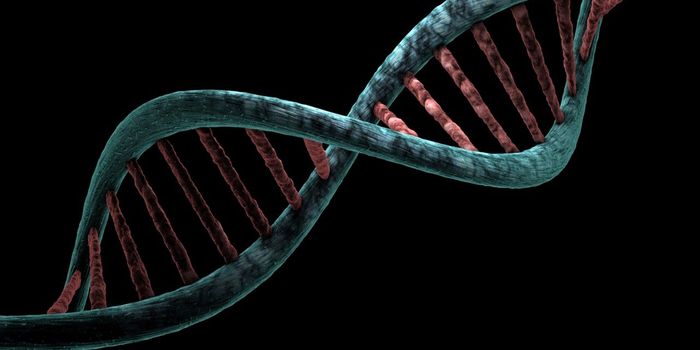Australia is famous for harboring many of the world’s deadliest creatures. And while people would be wise to avoid any encounter with these Australian critters, scientists are actively seeking a particularly deadly spider, the venom from which may reduce brain damage from a stroke.
The spider in the spotlight is the Australian funnel-web spider, which many consider to be the world’s deadliest spider because of the speed and intensity of the venom from a single bite. Funnel-web spiders have been documented to kill a person within 15 minutes. In the last 100 years, the funnel-web spider was responsible for nearly half of Australia’s spider-bite-related deaths.
Given this menacing record, why would anyone want to get near a funnel-web spider? As it turns out, venom can provide important clues into biological pathways, some of which may be exploited as treatment for human diseases.
"My lab is interested in developing drugs for human nervous system disorders. Many of these disorders involve either dysfunctional ion channels (e.g. epilepsy) or over-active ion channels (chronic pain and stroke),” said Dr. Glenn King, a researcher from the University of Queensland and Monash University.
“Thus, we are typically looking for molecules that modulate the activity of ion channels. The venoms of small venomous invertebrates such as spiders, centipedes and scorpions have evolved to target the nervous system of insects, and consequently they are absolutely full of ion channel modulators,” King explained.
“Because the human nervous system is more complex and wired differently to insects, ion channel modulators that kill or paralyse insects can actually be beneficial to humans. Thus, looking in venoms for ion channel drugs is not as weird as it seems."
In the lab, the researchers coaxed the spiders into producing venom for collection. They also studied the venom glands to understand the venom biology and secretion.
From tests, the team found that giving rats a single dose of a protein Hi1a derived from the venom was successful at reducing brain damage from a stroke.
"We believe that we have, for the first time, found a way to minimize the effects of brain damage after a stroke,” said King. "Hi1a even provides some protection to the core brain region most affected by oxygen deprivation, which is generally considered unrecoverable due to the rapid cell death caused by stroke."
This is not the first instance where toxins and venoms are explored as alternative therapies for human diseases. The venom from the blue coral snakes have also been under investigation for new pain therapies.
Additional sources: BBC


![[Guide] 7 Strategies to Boost Laboratory Collaboration](https://d3bkbkx82g74b8.cloudfront.net/eyJidWNrZXQiOiJsYWJyb290cy1pbWFnZXMiLCJrZXkiOiJjb250ZW50X2FydGljbGVfcHJvZmlsZV9pbWFnZV83YzBjZWIwM2Y5YzI4MmFlYzBhZDZhMTcyNTQ1ZGU3YmE4Y2MzMDYyXzUxNDkuanBnIiwiZWRpdHMiOnsidG9Gb3JtYXQiOiJqcGciLCJyZXNpemUiOnsid2lkdGgiOjcwMCwiaGVpZ2h0IjozNTAsImZpdCI6ImNvdmVyIiwicG9zaXRpb24iOiJjZW50ZXIiLCJiYWNrZ3JvdW5kIjoiI2ZmZiJ9LCJmbGF0dGVuIjp7ImJhY2tncm91bmQiOiIjZmZmIn19fQ==)






